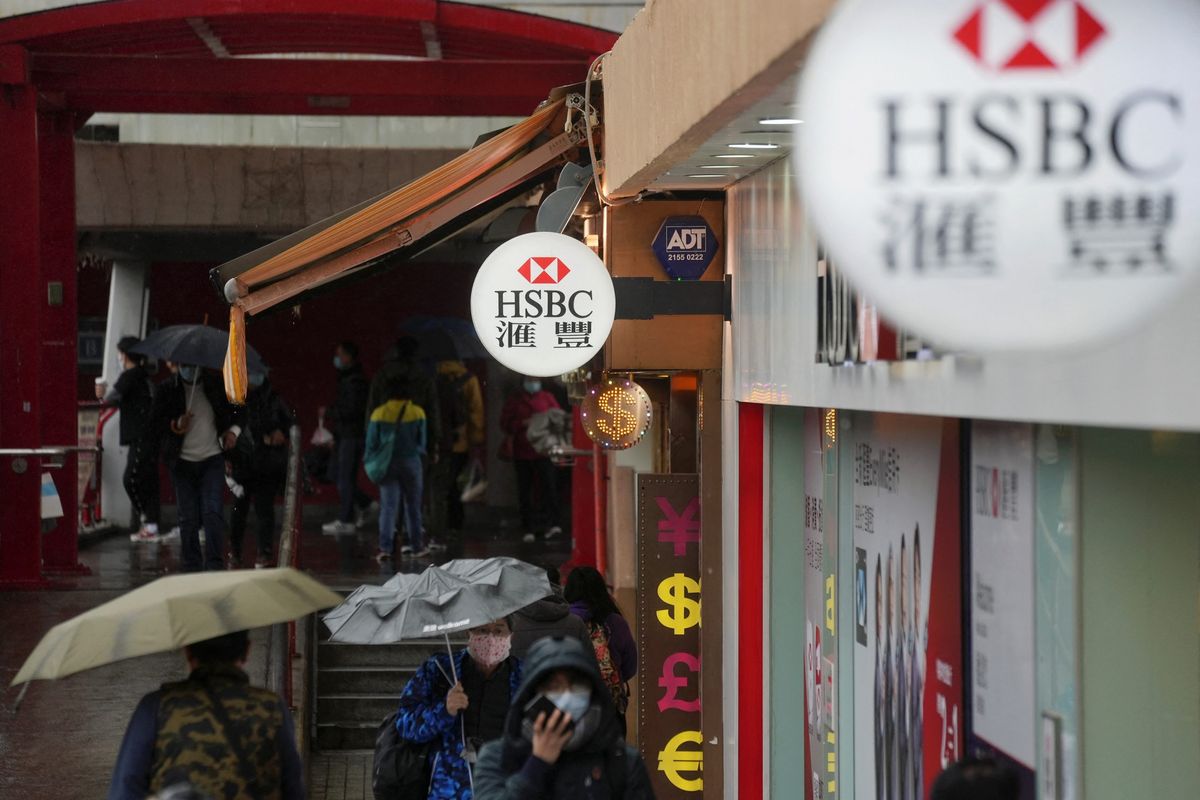How some banks are greenwashing (and what you can do about it)

A few minutes every morning is all you need.
Stay up to date on the world's Headlines and Human Stories. It's fun, it's factual, it's fluff-free.
Banks are learning the value of catering to the eco-friendly crowd by advertising that they’re helping to fight climate change. This makes sense since ESGs are on the rise, which essentially means that investors are looking to make investments in more environmentally and socially responsible companies.
But it turns out that some of these banks may be greenwashing. In the UK, HSBC got slapped with a ban on two of its advertisements claiming the bank was working to plant trees in the UK and help its clients become net zero.
According to the British Advertising Standards Authority, this was misleading since HSBC still funds many companies with extremely high carbon emissions. This is a big deal since it’s the first time in the watchdog’s history that it has acted against greenwashing advertisements – ads that make claims of eco-friendliness that are misleading or even downright false.
And, in Canada, activists are taking charge by calling banks out for not representing their climate goals honestly. Six applicants – including a member of an Indigenous group – wrote complaints to the country’s Competition Bureau saying the Royal Bank of Canada was misleading about climate action.
The Canadian government is already working on requiring ESG reporting soon, and regulators are looking into those complaints to see if they’re legally viable. The bank, on the other hand, is arguing that the complaints are unfounded.
Experts say the real way banks have a climate impact is in the way they invest. They say the best way to keep banks in check is to keep an eye out for ‘feel good’ claims that don’t have much substance behind them (like a fintech company’s claim to “reforest while you shop”) and look into a bank’s reports, keeping an eye out for heavy investing in fossil fuels or low levels of ESG investing.




Comments ()